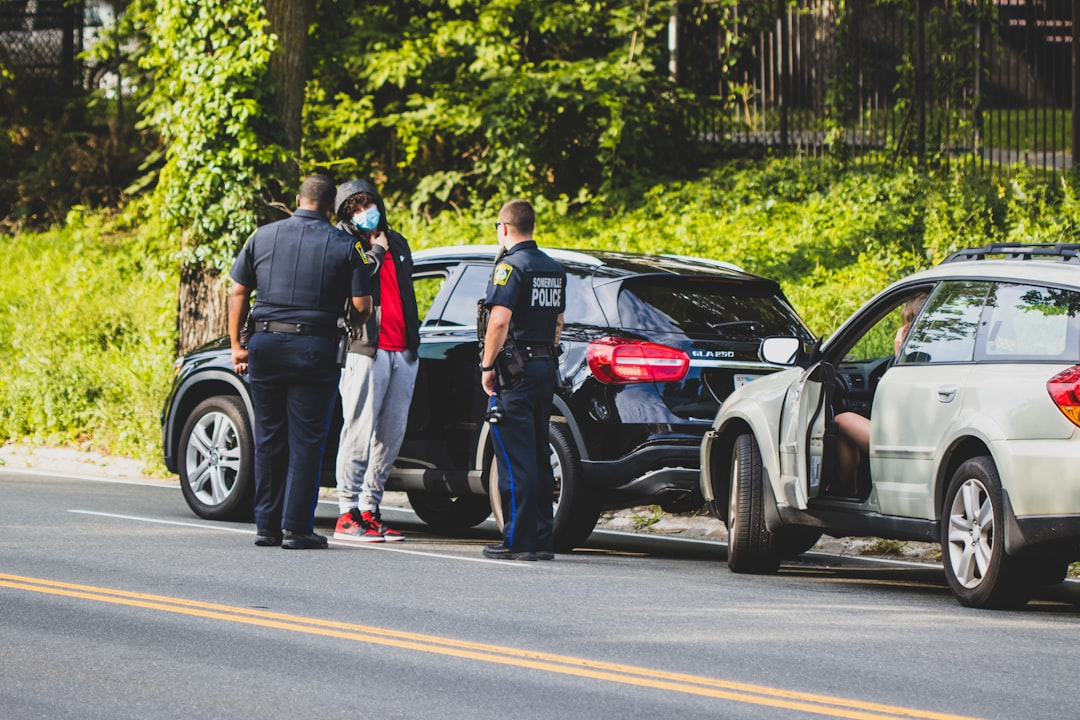
Steps to Take After a Car Accident
Posted by on 2024-10-01
Car accidents are an unfortunate reality of modern life. They can be disorienting and stressful, often leaving those involved unsure of what to do next. Knowing the steps to take immediately after a car accident can make a significant difference in the outcome, both legally and emotionally. This essay outlines the crucial steps one should follow after being involved in a car accident.
First and foremost, ensure your safety and that of others. If you are able, check yourself for injuries and then check on your passengers. If anyone is seriously hurt, call 911 immediately for medical assistance. Even if injuries seem minor, it's still wise to seek medical attention as some symptoms may not appear right away.
Once you've ensured everyone's safety, move to a safe location if possible. If the vehicles are causing a hazard by remaining on the road, try to move them to the side or a nearby parking lot. Turn on your hazard lights to alert other drivers to your presence.
Next, call the police even if the accident appears minor. A police report can be invaluable when dealing with insurance companies or legal proceedings later on. When officers arrive, provide them with accurate information but avoid admitting fault or making statements that could be construed as admissions of guilt.
After contacting law enforcement, document the scene thoroughly. Use your smartphone or camera to take pictures from multiple angles showing vehicle damage, license plates, road conditions, traffic signs, and any other relevant details. Also take pictures of any visible injuries you or your passengers have sustained.
Exchange information with all parties involved in the accident. Collect names, addresses, phone numbers, driver's license numbers, license plate numbers, and insurance information from everyone involved including witnesses if there are any present.
One critical step often overlooked is notifying your insurance company as soon as possible. Provide them with all collected documentation including photographs and police reports if available. Many policies require prompt reporting of any accidents; failing to do so might complicate your claim process.
It’s also advisable to keep detailed records following an accident. Write down everything you remember about how it occurred while it’s fresh in your mind—note weather conditions, road hazards like potholes or debris on roadways—and retain copies of all medical diagnoses/treatments received post-accident along with repair estimates/bills for vehicle damages incurred during crash events too!
Lastly but equally important: consider consulting legal experts who specialize in personal injury cases especially where severe bodily harm has been inflicted upon yourself/passengers due negligence displayed by another driver (or third party). An attorney will guide through complex litigation procedures ensuring fair compensation awarded covering losses endured due mishap suffered at no fault own doing whatsoever!
In conclusion:
Being prepared mentally knowing exact steps undertake ensures smoother handling aftermath collisions occur unexpectedly disrupting everyday routines! Remembering prioritize immediate safety first responders followed documenting incident comprehensively subsequently reporting insurers promptly finally seeking professional advice navigating potential legal complexities arising thereof crucial attaining justice peace mind during trying times ahead!